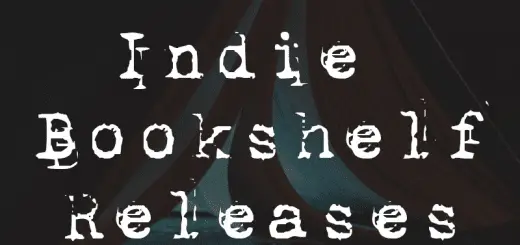5 Overused Horror Movie Clichés To Avoid In Your Writing
5 Overused Horror Movie Clichés To Avoid In Your Writing
With a few notable exceptions such as the brilliance of Parasite and Get Out, horror movies have the tendency to heavily rely on recycled tropes to scare audiences. It makes sense to follow a proven formula that works when writing a genre that is as difficult to write and to get right as horror. However, it is possible to craft a terrifying story without resorting to overused clichés that viewers can see coming.
1. SPLITTING UP
Seriously, why do the characters always think it’s a good idea to split up? In the face of a life-or-death situation, your chances of survival are higher together. As soon as a character suggests splitting up, you can bet there are audible groans of disappointment in the movie theatre. “Writers understandably love this trope because it isolates their characters and dangerous situations are more terrifying alone, but it lacks common sense,” explains Daniel Smison, a writer at UKWritings and Essay Services. Your characters’ poor judgment disappoints smart viewers who want to relate and root for them, but would never put themselves in that situation.
2. CLUMSY AND HYPERSEXUALIZED FEMALE PROTAGONISTS
An overused cliché that needs to retire is an incompetent and hypersexualized female protagonist. You know her. She wears a white, fitted tank top and constantly falls down every time something or someone dangerous is chasing her. Sometimes she manages to get up and escape, but then, she’ll trip on air and fall again. This horror movie cliché is old, misogynistic, and past the age of retirement. It’s time for horror movies to stop depicting women as clumsy damsels in distress. Movies such as Us, The Invisible Man, and Ready or Not excel at subverting this horror movie cliché.
3. SCARY ATTICS AND BASEMENTS
Although there are great horror movies that incorporate this cliché such as Don’t Breathe and The Conjuring, it’s terribly overused. Nothing good ever comes out of a character investigating a suspicious noise in the attic or basement. Writers love this cliché because it plays to people’s fear of the dark and the unknown, but be careful not to be reliant on it. If your story lacks emotional impact, a horror movie with a scary attic or basement is going to feel like every other horror movie your audience has seen.
4. DEAD CELL PHONES
Is it even considered a horror unless your characters are isolated from the rest of civilization with no way to call for help? The dead cell phone battery or the no cell service cliché creates an air of helplessness and thus, a staple to most modern horror movie scripts. It’s a believable solution to the ubiquity of communication technology and an overused horror movie cliché. “Now that cell phone power banks and car chargers are a thing and practically everywhere has cell service, consider other alternatives such as local emergency responders taking too long to reach your characters,” says Gillian Paul, a screenwriter at SimpleGrad and Best essay writing services.
5. DEAFENING SHRIEKS
Every horror movie fan has experienced a movie becoming suspiciously quiet, and then all of a sudden, an abrupt loud scream in surround sound startles them. Yes, the scene caused your audience to jump, but it also potentially damaged their hearing. Deafening shrieks are a cheap horror cliché that reveals a weakness in the emotional context of your story. Excellent horror films such as A Quiet Place and its sequel, A Quiet Place Part II prove that loud screams aren’t necessary to terrify your audience. In fact, you can create a successful horror movie on the premise of silence.
Final Thoughts
This is not to say that all clichés are bad and should be retired from the horror genre altogether. A lot of brilliant horror films use worn-out clichés and add a new twist. The movie, Cabin in the Woods, for example, uses a lot of common horror clichés but inserts mythology and comedy to create something new yet familiarly scary. The critically acclaimed film, Get Out, takes the horror movie cliché of the black person always dying first and turns it into a scary, thought-provoking social critique.
In a genre that is as oversaturated in clichés as horror, writing that defies them feels like a breath of fresh air to horror movie fans––after being trapped in the same old, dark, haunted storyline for so long.
Emily Henry is a writer and editor with a love for horror fiction and movies. You can find her writing at Studydemic and AcademAdvisor, and her editing work at Assignment Writing Services.
- About the Author
- Latest Posts
The Horror Tree is a resource for horror authors which was created in 2011. The main goal when starting the site was to include all of the latest horror anthologies and publishers that are taking paying submissions. A resource useful for both new and experienced publishers alike looking for an outlet for their written material!













